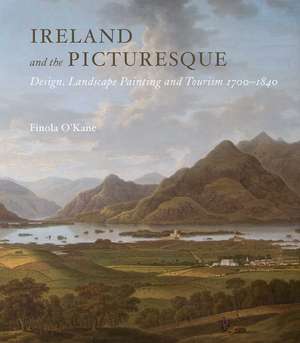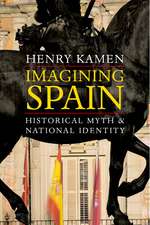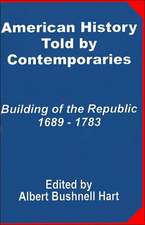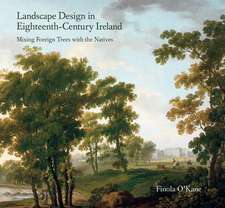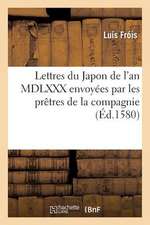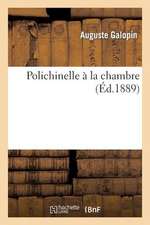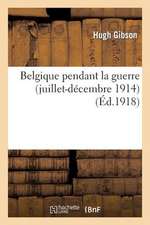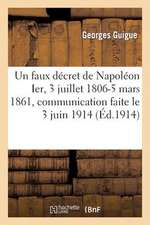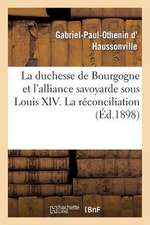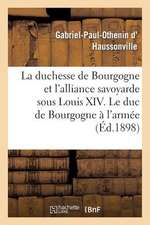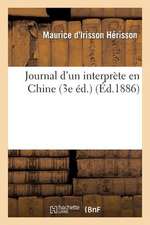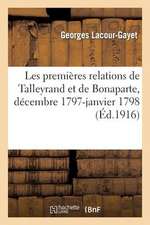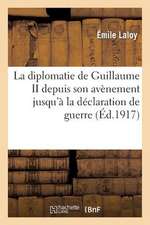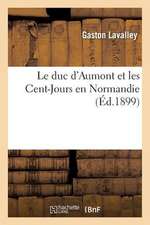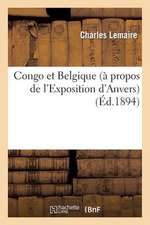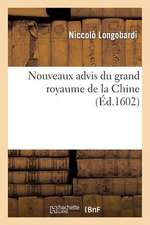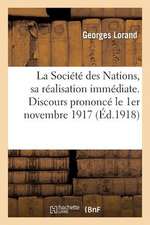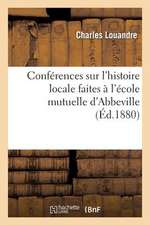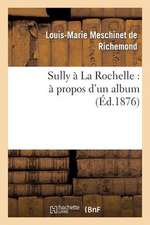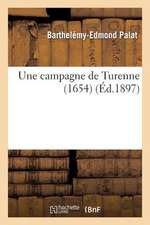Ireland and the Picturesque: Design, Landscape Painting, and Tourism, 1700–1840
Autor Finola O'Kaneen Limba Engleză Hardback – 20 aug 2013
That Ireland is picturesque is a well-worn cliché, but little is understood of how this perception was created, painted, and manipulated during the long 18th century. This book positions Ireland at the core of the picturesque's development and argues for a far greater degree of Irish influence on the course of European landscape theory and design. Positioned off-axis from the greater force-field, and off-shore from mainland Europe and America, where better to cultivate the oblique perspective? This book charts the creation of picturesque Ireland, while exploring in detail the role and reach of landscape painting in the planning, publishing, landscaping and design of Ireland's historic landscapes, towns, and tourist routes. Thus it is also a history of the physical shaping of Ireland as a tourist destination, one of the earliest, most calculated, and most successful in the world.
Published for the Paul Mellon Centre for Studies in British Art
Preț: 361.13 lei
Nou
Puncte Express: 542
Preț estimativ în valută:
69.10€ • 72.30$ • 57.40£
69.10€ • 72.30$ • 57.40£
Carte disponibilă
Livrare economică 13-27 martie
Livrare express 26 februarie-04 martie pentru 76.27 lei
Preluare comenzi: 021 569.72.76
Specificații
ISBN-13: 9780300185386
ISBN-10: 0300185383
Pagini: 240
Ilustrații: 120 color + 45 b-w illus.
Dimensiuni: 248 x 279 x 24 mm
Greutate: 1.59 kg
Ediția:New.
Editura: Yale University Press
Colecția Paul Mellon Centre
ISBN-10: 0300185383
Pagini: 240
Ilustrații: 120 color + 45 b-w illus.
Dimensiuni: 248 x 279 x 24 mm
Greutate: 1.59 kg
Ediția:New.
Editura: Yale University Press
Colecția Paul Mellon Centre
Notă biografică
Finola O’Kane is lecturer in the School of Architecture, Landscape and Civil Engineering, University College Dublin.
Recenzii
“The two-way flow of picturesque inspiration across the Irish Sea was a complex cultural phenomenon that this study brilliantly illuminates.”—William Laffan, World of Interiors
Winner of the 2015 John Brinckerhoff Jackson Book Prize sponsored by the Foundation for Landscape Studies.
Won Honorable Mention for the 2016 Elisabeth Blair MacDougal Award sponsored by the Society of Architectural Historians.
